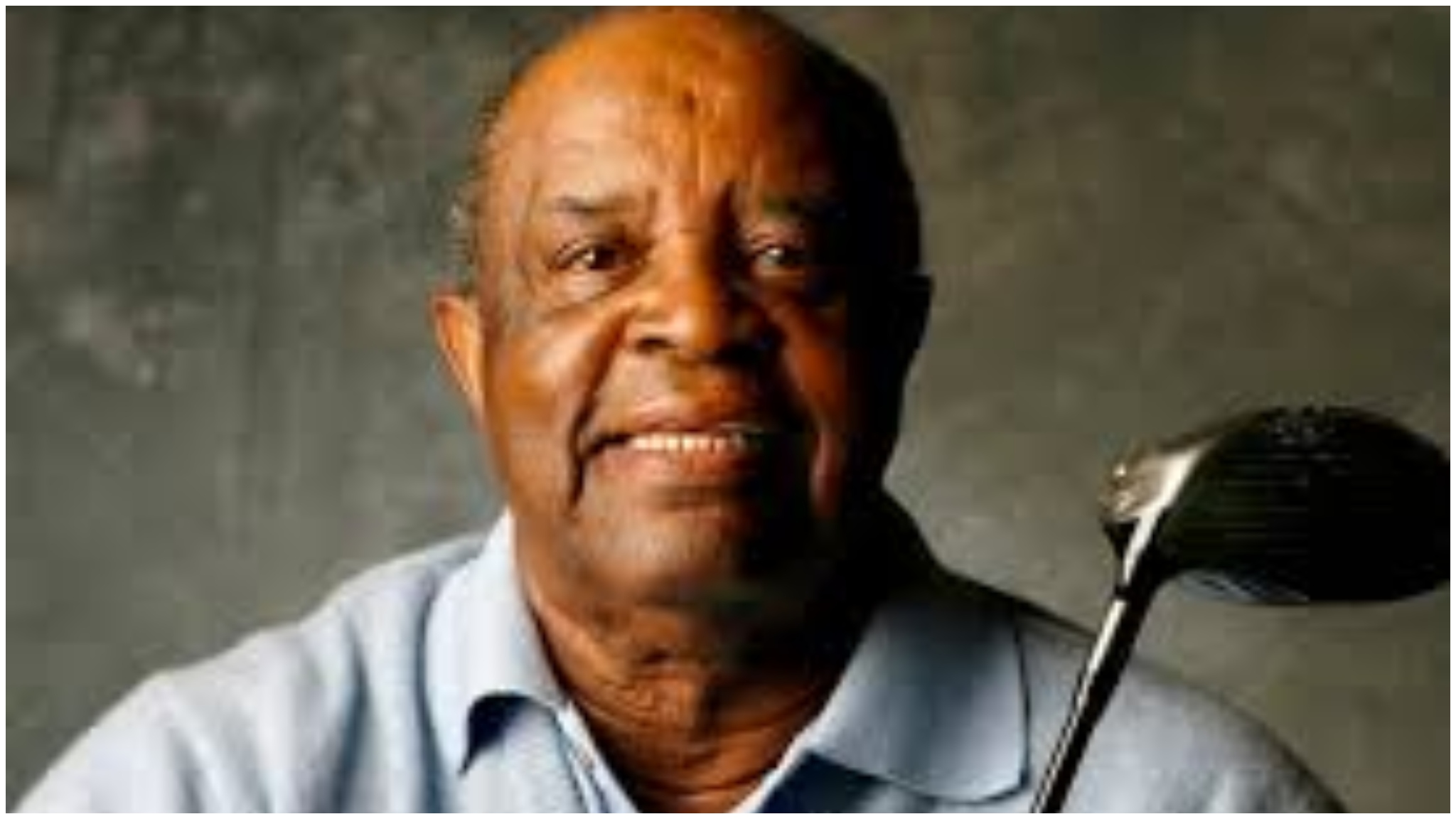April 10, 2025, marks a significant moment in golf history: the 50th anniversary of Lee Elder’s groundbreaking appearance at the Masters Tournament. On this day in 1975, Elder became the first Black golfer to play in the prestigious event, breaking racial barriers and changing the sport forever.
A Momentous Day in Golf History
Elder’s debut at the Masters wasn’t just a milestone for him; it was a breakthrough for the sport. His appearance challenged long-standing racial exclusions that had kept Black players out of the event for decades. The atmosphere at Augusta National was filled with tension, as some members of the golf community still held prejudices against integrating the game.
Carl Jackson, a caddie at Augusta National, remembers the day with vivid clarity. “I was nervous for Lee Elder,” Jackson recalls. “It was an earth-shattering day for golf.” Despite the opposition he faced, Elder’s presence on the course was more than just symbolic. It represented hope and progress for future generations of Black athletes. Elder’s calm demeanor and respectful personality left a lasting impression on the Augusta crowd, many of whom had never seen a Black player participate in the Masters before.
Overcoming Personal Struggles to Make History
Lee Elder’s path to Augusta was not an easy one. He faced numerous personal and professional challenges, including the loss of both parents by the time he was just 10 years old. But these hardships only fueled his drive to succeed. Elder honed his skills through intense competition, even taking on hustlers like the infamous Titanic Thompson during his early years in the game.
By the time Elder earned his spot at the Masters, he had already built a reputation as one of the top golfers in the world. He made history not only through his athletic ability but through his determination to challenge the racial barriers that had long excluded Black players from major golf events.
Reflections on Elder’s Legacy and Golf’s Evolution
As we look back on this landmark anniversary, it’s clear that Elder’s impact on the sport extends far beyond his on-course achievements. While Elder’s debut in 1975 didn’t result in a win—he missed the cut—his participation set the stage for future generations of Black golfers, including legendary figures like Tiger Woods. Elder’s role in breaking down barriers continues to be celebrated today, even though it took many years for Augusta National and other golf institutions to recognize his contributions fully.
In 2021, Elder was honored as an honorary starter at the Masters, a recognition that came too late for many who believed he deserved more recognition throughout his career. Despite this, Elder’s legacy is cemented in the history of the sport, and his groundbreaking debut remains a defining moment in the ongoing fight for equality in golf.
Golf’s Ongoing Struggles with Diversity
Fifty years after Elder’s debut, questions remain about the sport’s commitment to diversity and inclusion. While golf has made strides since Elder’s time, it is clear that more needs to be done to bring more Black athletes into the sport and create a more inclusive environment. Carl Jackson believes that golf, as a whole, still has a long way to go in terms of welcoming Black players. “I think golf could do more to bring in Black people and encourage them,” Jackson states. “We are all Americans, and we shouldn’t let ourselves be divided by those who want to see us separated.”
Remembering Lee Elder: A Pioneer for Change
As we celebrate the anniversary of Lee Elder’s historic Masters debut, it is essential to remember the broader impact his courage had on golf. Elder wasn’t just a trailblazer for Black golfers—he was a pioneer for change in a sport that had long been exclusive. His legacy lives on in the generations of athletes who have followed in his footsteps, breaking down barriers and continuing to pave the way for a more inclusive future in golf.




